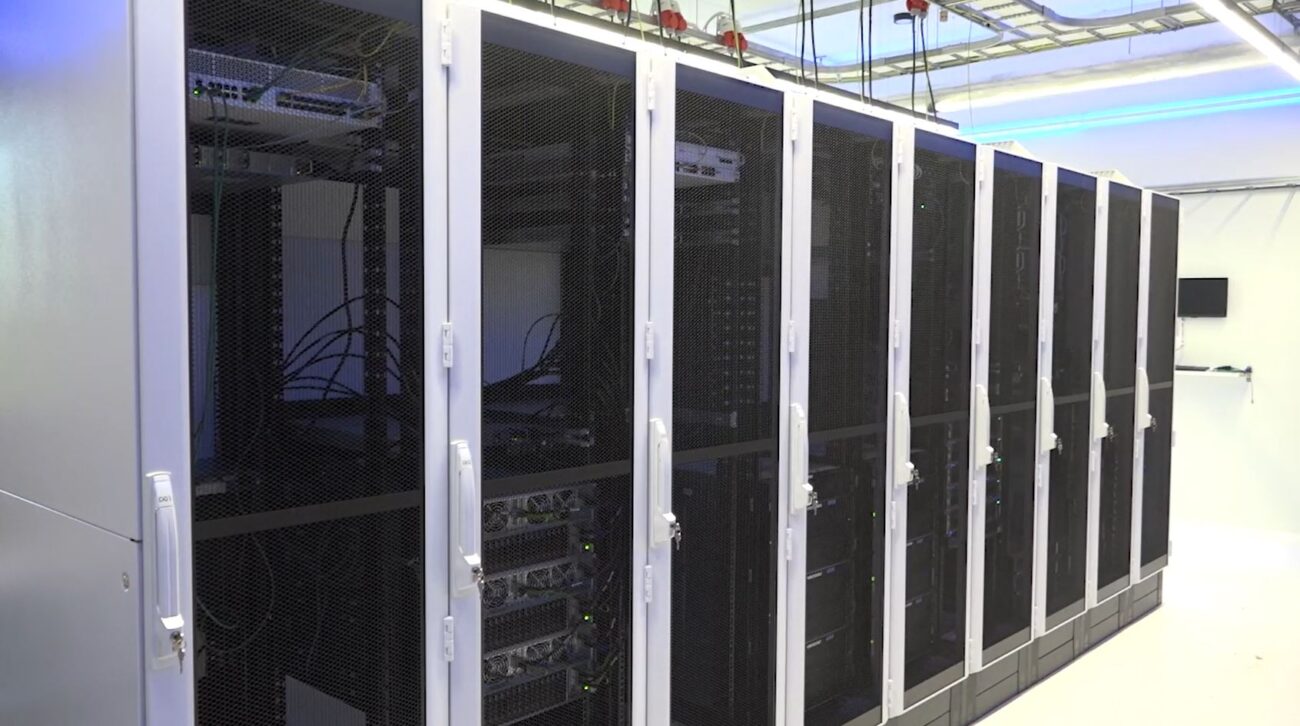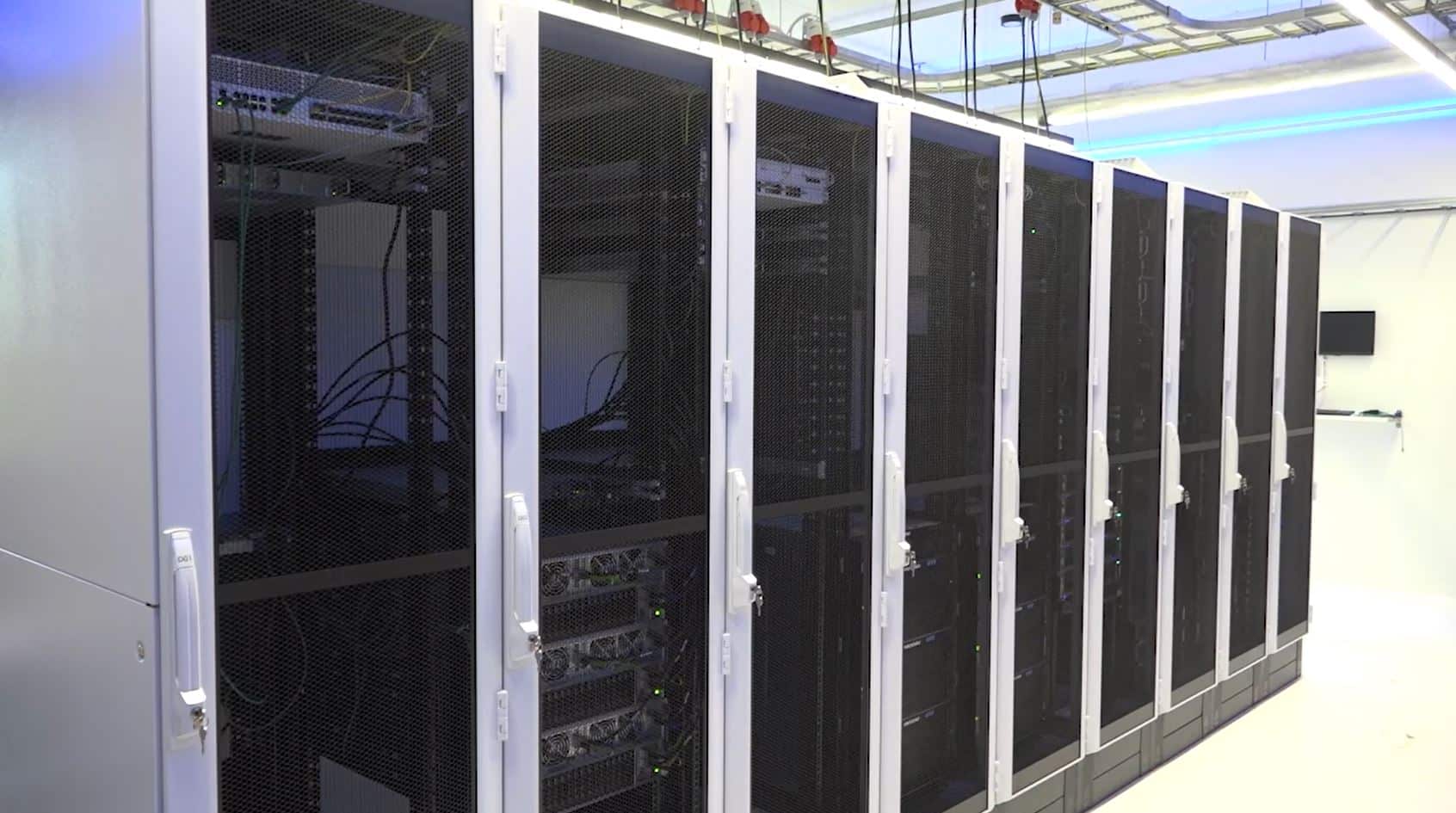Estonian companies are increasingly looking for employees with experience in using HPC. Employees with an academic background who have previously used supercomputers in their research projects are especially valued because their expertise can enhance the company’s competitiveness.
To increase the number of future HPC-aware entrepreneurs, NCC Estonia, in cooperation with the University of Tartu, launched a general HPC course in the fall of 2023. This novel course is open to all graduate students regardless of their curricula. The goal was to provide an understanding of HPC, introduce its best practices, and demonstrate use cases where HPC has been effectively applied to perform calculations with large data sets.
Teaching HPC at universities is immensely valuable. As technology advances, the need for HPC skills increases. Many industries rely on HPC for tasks ranging from scientific research to business analytics. Equipping students with HPC knowledge ensures that they are prepared for real-world challenges.
Keeping students updated with HPC developments prepares them for the future. Emerging technologies like quantum computing and AI often intersect with HPC, making this knowledge crucial for upcoming innovations. HPC is useful in various disciplines beyond computer science, such as physics, biology, finance, and more. Understanding HPC enables students to collaborate across fields and apply their skills in diverse settings. Proficiency in HPC opens up career paths in research institutions, government labs, tech companies, and other sectors requiring advanced computational skills.
The course was delivered in two parts – weekly lectures followed by practical sessions. Lectures were there to establish basic knowledge of topics, give explanations and examples, and create an overall understanding of the topic. Practical sessions were built to be highly hands-on but independent – students were given guides with thorough explanations of how to do the lab, which was then supervised by teachers in person. Each student gained access to the University of Tartu’s HPC cluster.
As an outcome of the course, students gained knowledge of HPC architecture and computing resource management. They also acquired basic skills in parallel computing and working with command line. In addition, they can now independently use common software solutions, such as Galaxy, Jupyter, and RStudio. The course became popular beyond expectations, attracting even participants from other Estonian universities. The course lasted an entire semester, and there were 45 participants. Due to high demand, it is planned to repeat the course next year.

“Rocket”, the HPC cluster of the University of Tartu.



